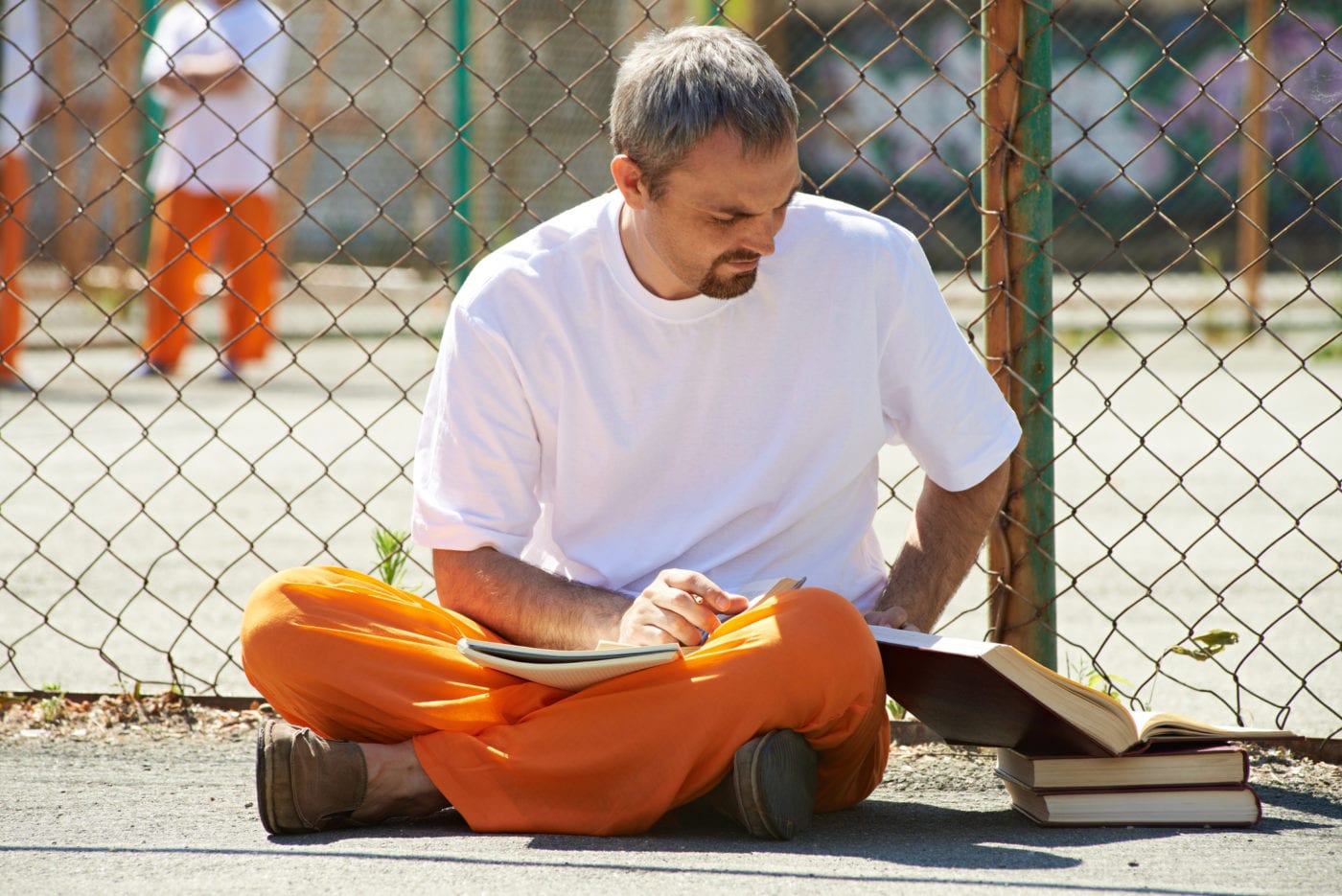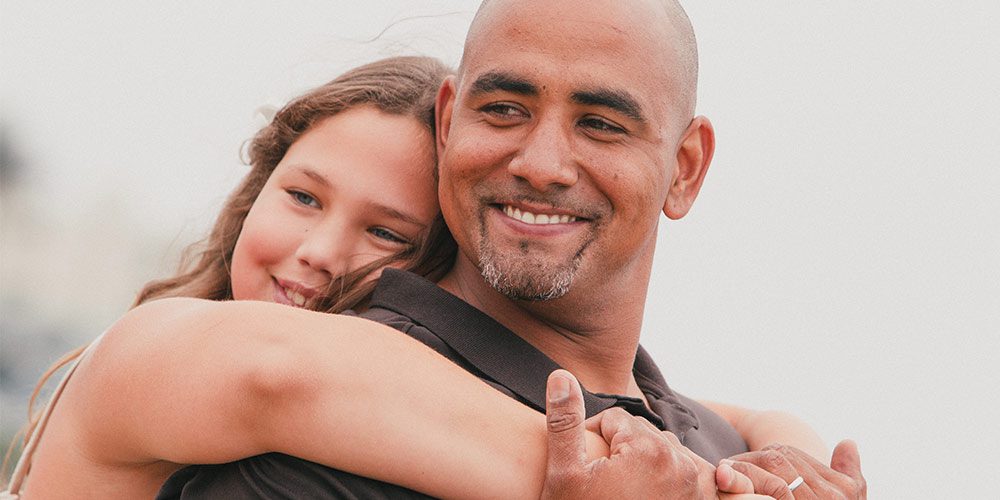Approximately 2 million children in America today have an incarcerated parent, the majority of whom are their fathers. Incarceration can have multigenerational repercussions and leave deep wounds, from which many families struggle to heal. Most of us have at least some knowledge of the impacts of incarceration, but have you ever stopped to imagine what happens to relationships between men in prison and their kids?
For the past eight years, I have co-led a class for men transitioning out of jail or prison. I have seen amazing transformations in the attendees. Many are good men who made bad choices. I’ve witnessed gang members break down in tears, revealing a vulnerability and desire to become someone greater than the streets demand. Others could not or would not break the street mentality and were lost forever within a few weeks of getting out. Recently, I presented formerly incarcerated fathers with several questions about that experience. These are their answers.
What impact has your incarceration had on your family?
My girlfriend was unprepared to take care of everything while I was gone. My daughter cried for days because I was the one to take care of her.
I wasn’t there to pay bills. They lost their housing while I was locked up. I was not there for some of the most influential years of my youngest son.
I was raised by my grandparents. My dad was incarcerated most of my life. (from the son of an incarcerated father)
After being incarcerated, how do you perceive yourself as a father?
Not that well. My daughter still loves me, but she doesn’t respect me as a father because I’ve been locked up.
I really still think I am a great father.
I know I can be a better father to my daughter. I can’t be a father locked up.
Almost as an absentee father. I was always a provider, and suddenly I was unable to provide.
What supports do incarcerated fathers and their children need?
A go-between. It is so hard just to communicate with family when locked up.
Money and counseling. Housing.
Anything that will help facilitate communication and visitation.
God.
Now that you’re reentering society and the home, what does this mean to you as a father?
Feels good. Scared. Exciting.
I really value family time more since I was incarcerated. All I want to do is enjoy every second with my family.
It’s going to be tough knowing I haven’t seen my daughter in three years.
I am not sure—my youngest is now 21. I feel as if I have no purpose anymore. I am lost.
I need to be responsible and accountable to my children for my actions.
What do you want to tell people about fathers who are (or have been) incarcerated?
We make mistakes. We are human. Hopefully, we will learn from our pasts and be more responsible in the future.
My father is ashamed that (due to drug addiction) I have been in and out of jail for 5 years. My behavior is not a reflection [of his parenting].
My daughter has faith and trust in me. I am going to prove to her I can do it.
What kept you going during your incarceration?
My faith in Jesus Christ.
Getting letters from my daughter.
I didn’t want my family to hurt anymore. I didn’t care if I lived or died, but I didn’t want to put them through any more pain.
My faith in God.
Talking to my family on the phone.
The thought of seeing my kids, their mom, and my grandkids. Looking forward to being a family.
Wow. Can you feel the emotion and passion? Though they may feel like forgotten fathers, I believe we can offer the love and support their families desperately need. There are many ways dads who aren’t incarcerated can help. Find out what housing assistance, food pantries, transportation, legal assistance, and childcare are available in your area. Local 2-1-1 and churches are good places to start. Consider learning the impact incarceration has on families and communities. Volunteer for an organization that serves incarcerated men or mentor a man who has been released.
There are several ways to do this without bringing all the “junk” these men may be carrying into your own life. Pass community resource information on to their families. Write letters to an inmate through an organization that lets you use a neutral address. If mentoring one of these men, set boundaries on your personal contact information and availability. Remind them: When you become a father, you are a father for life. Though their children may be hurting, they still need their dads, no matter what age they are. In doing this, we help nurture a generation of children with what every child needs and deserves: a dad in the home.
Sound off: What would you say to encourage an incarcerated father?












Huddle up with your kids and ask, “What is your favorite part of the time we spend together?”